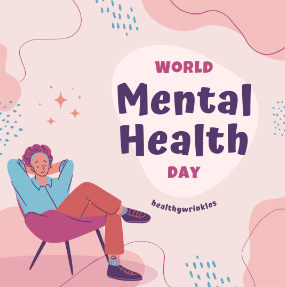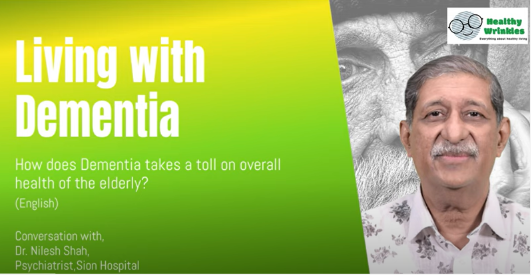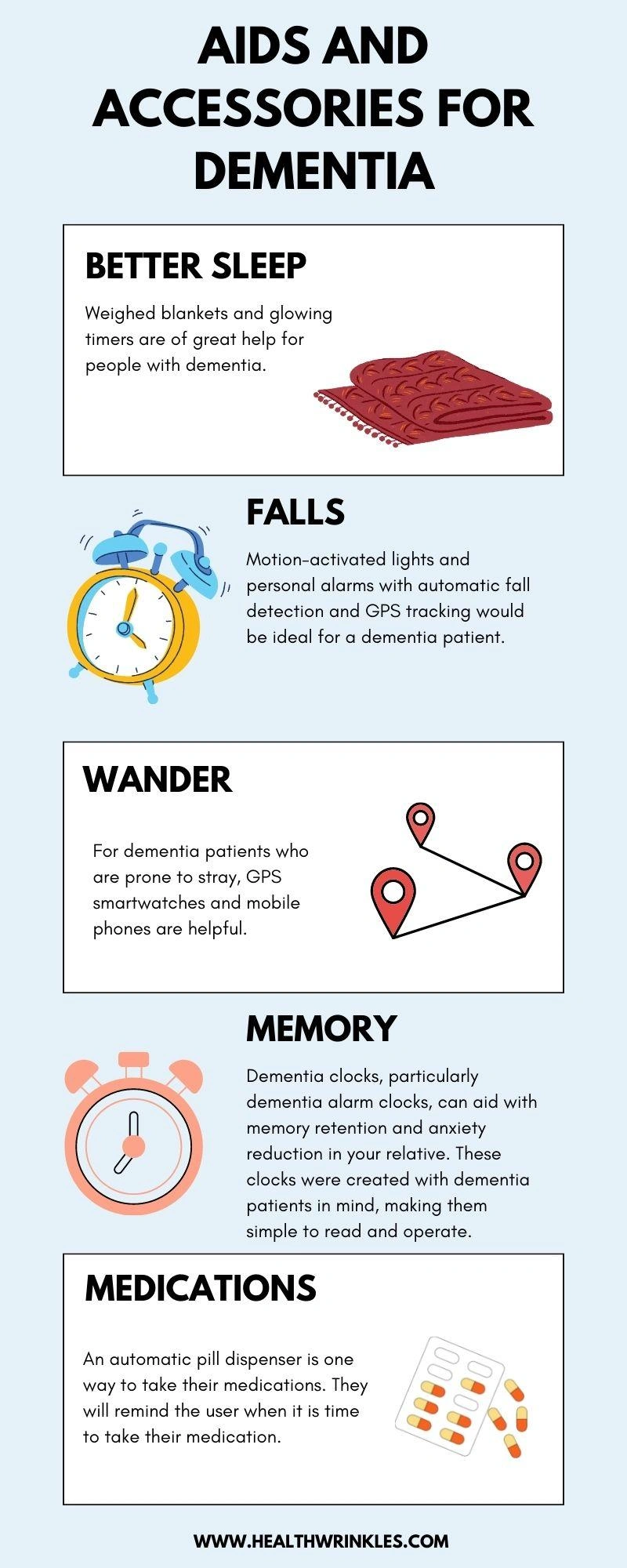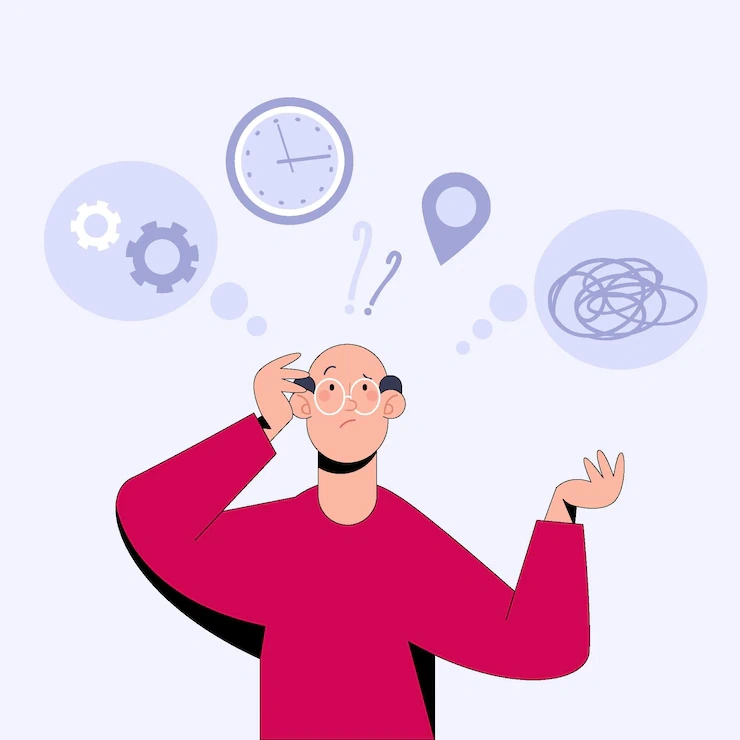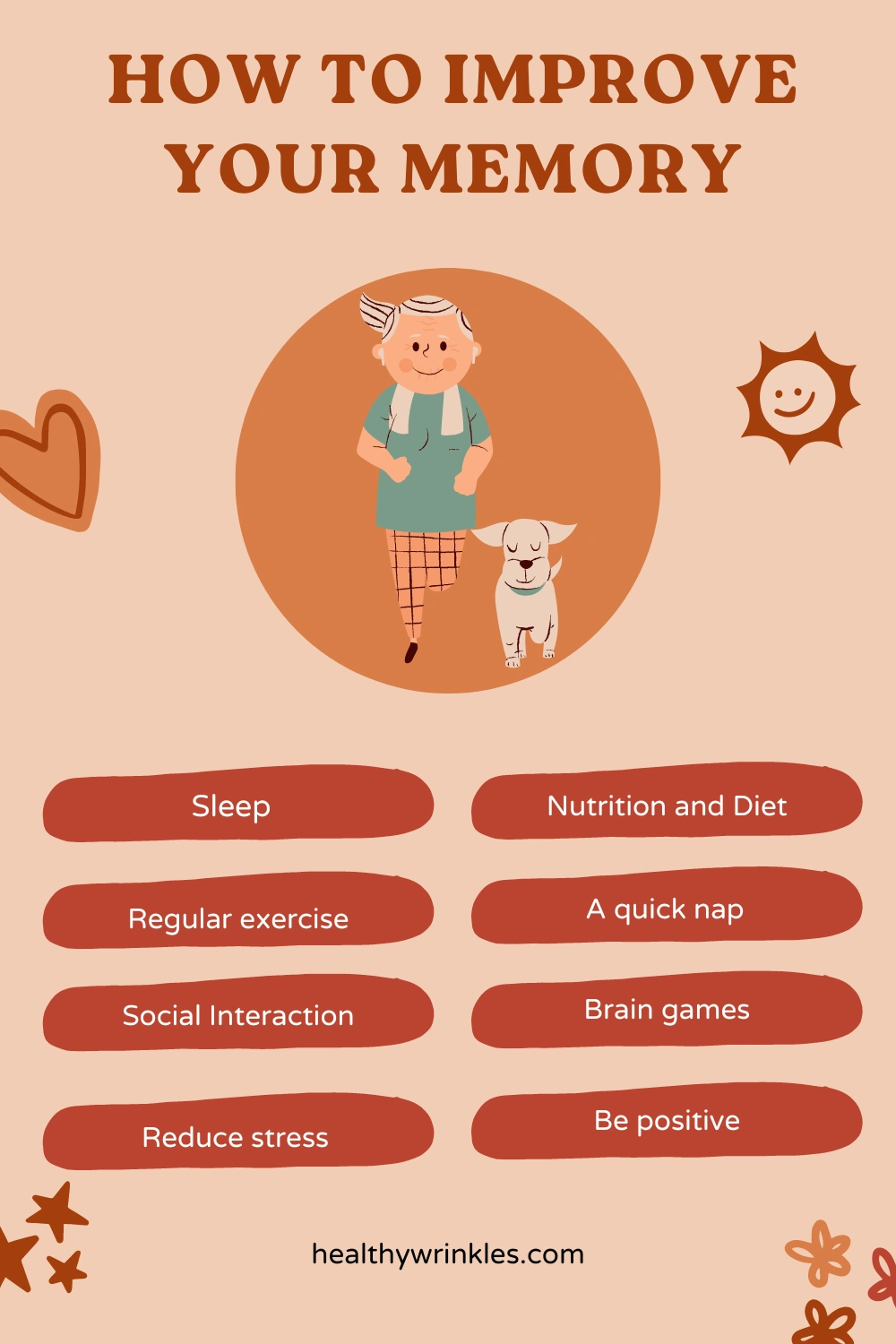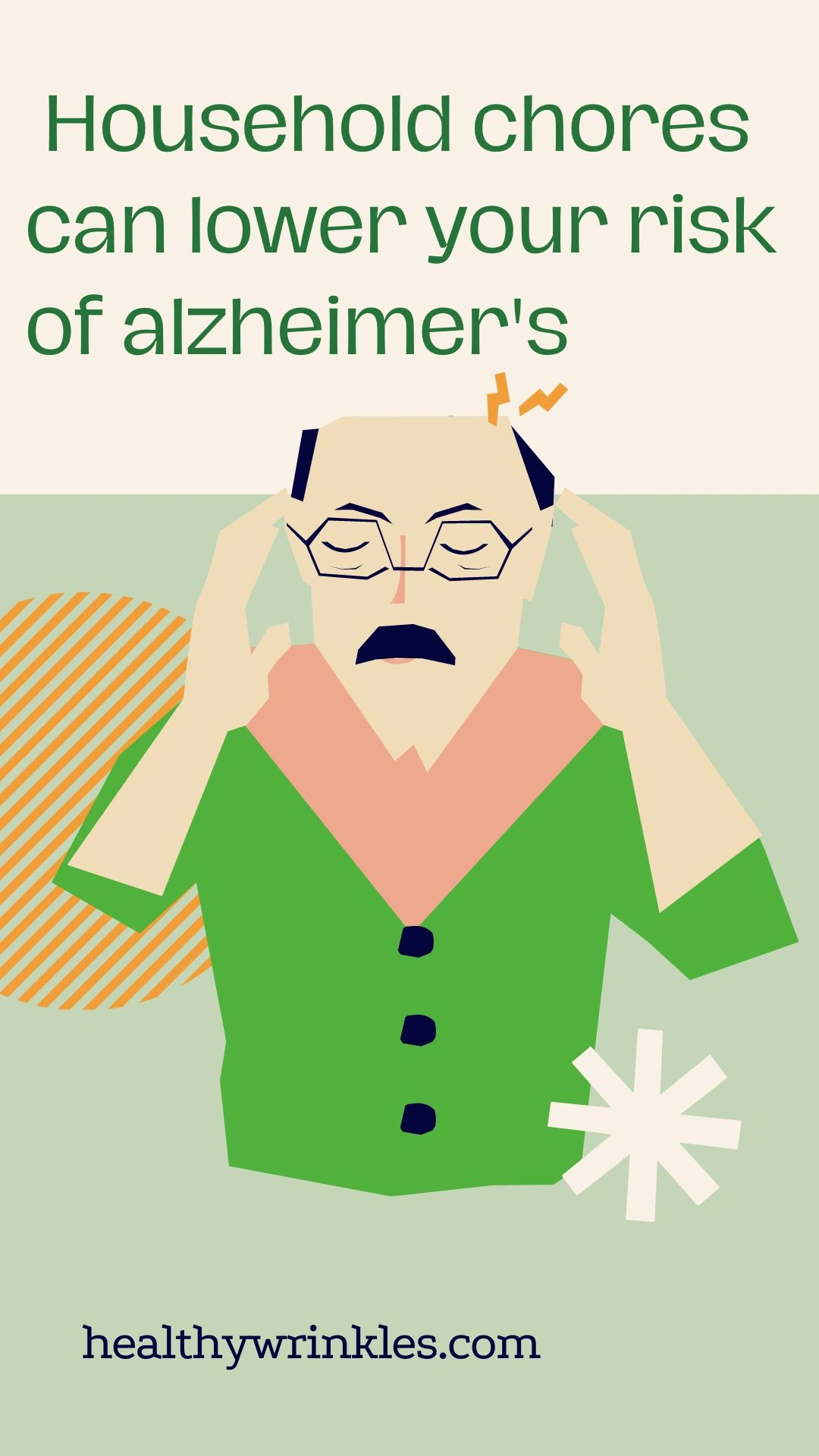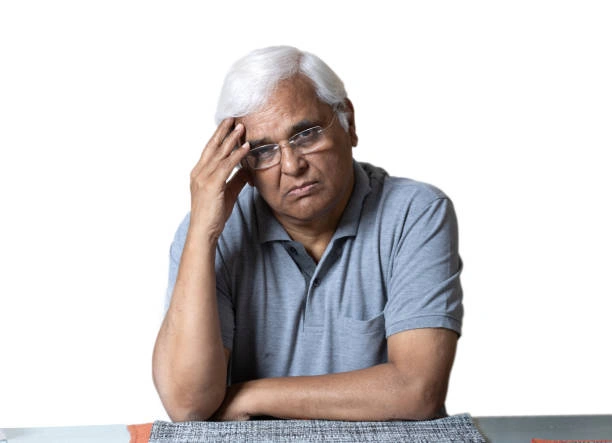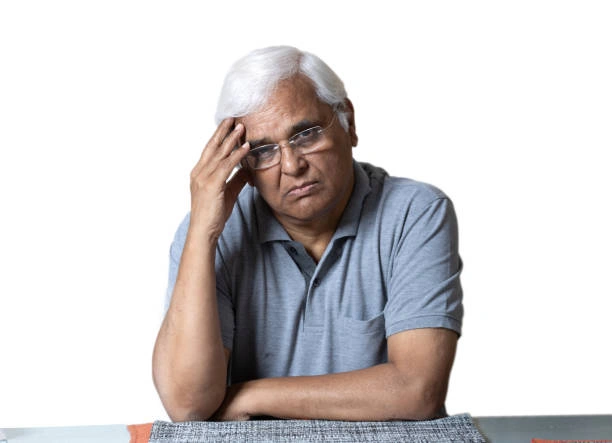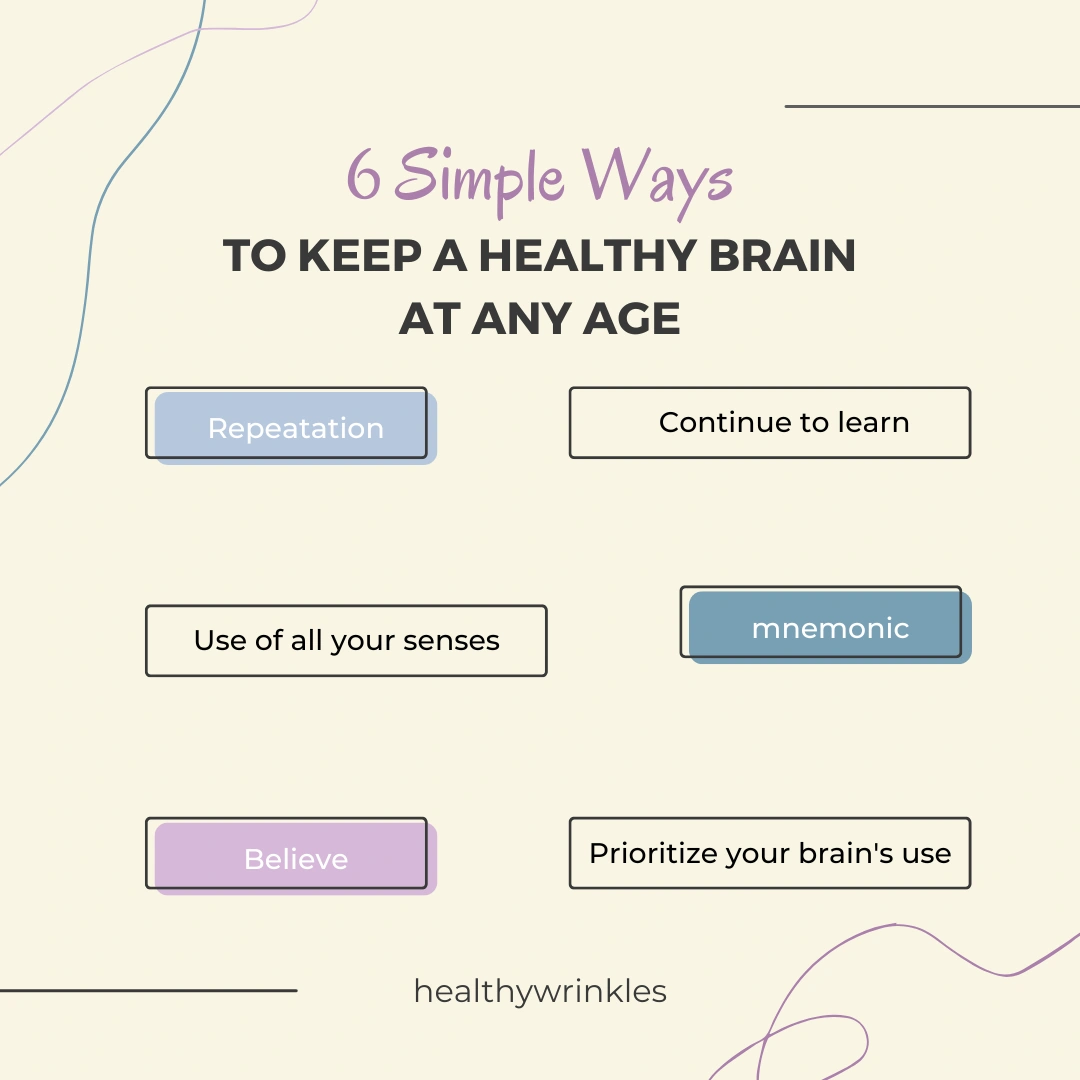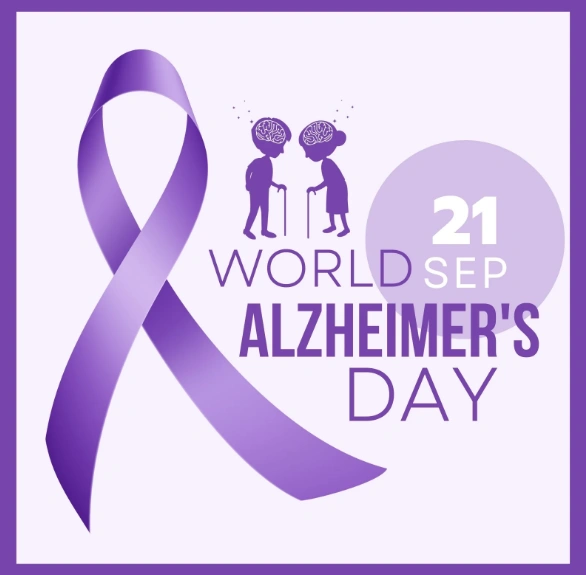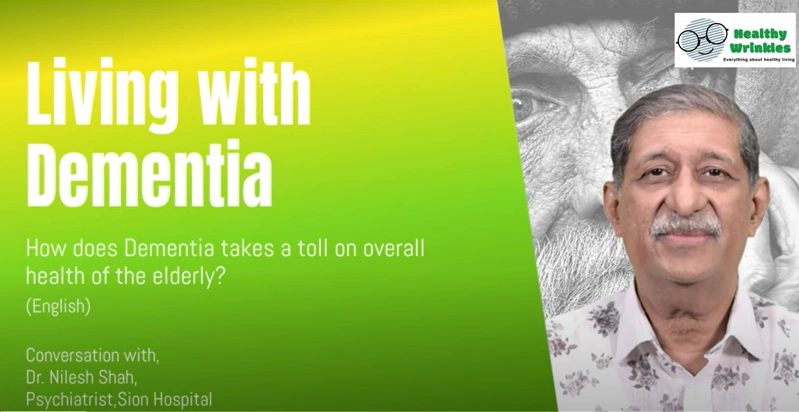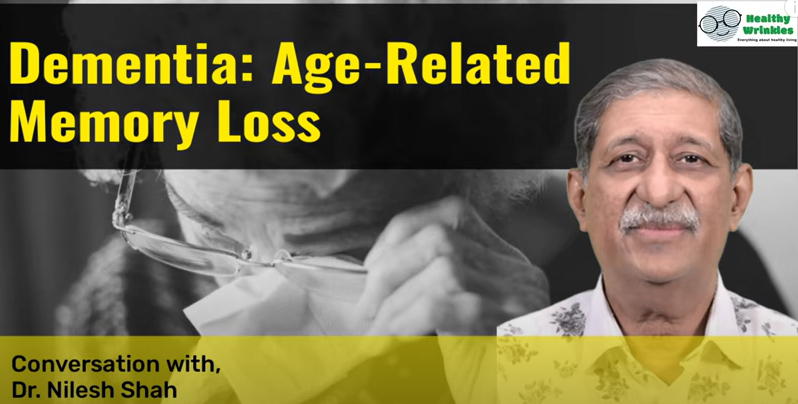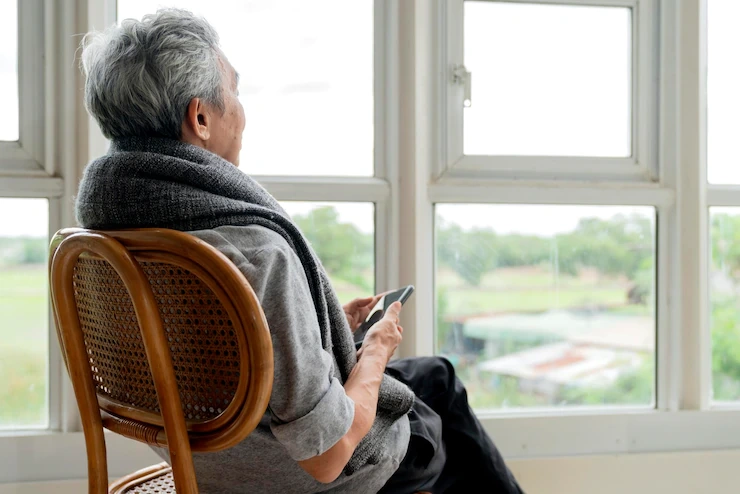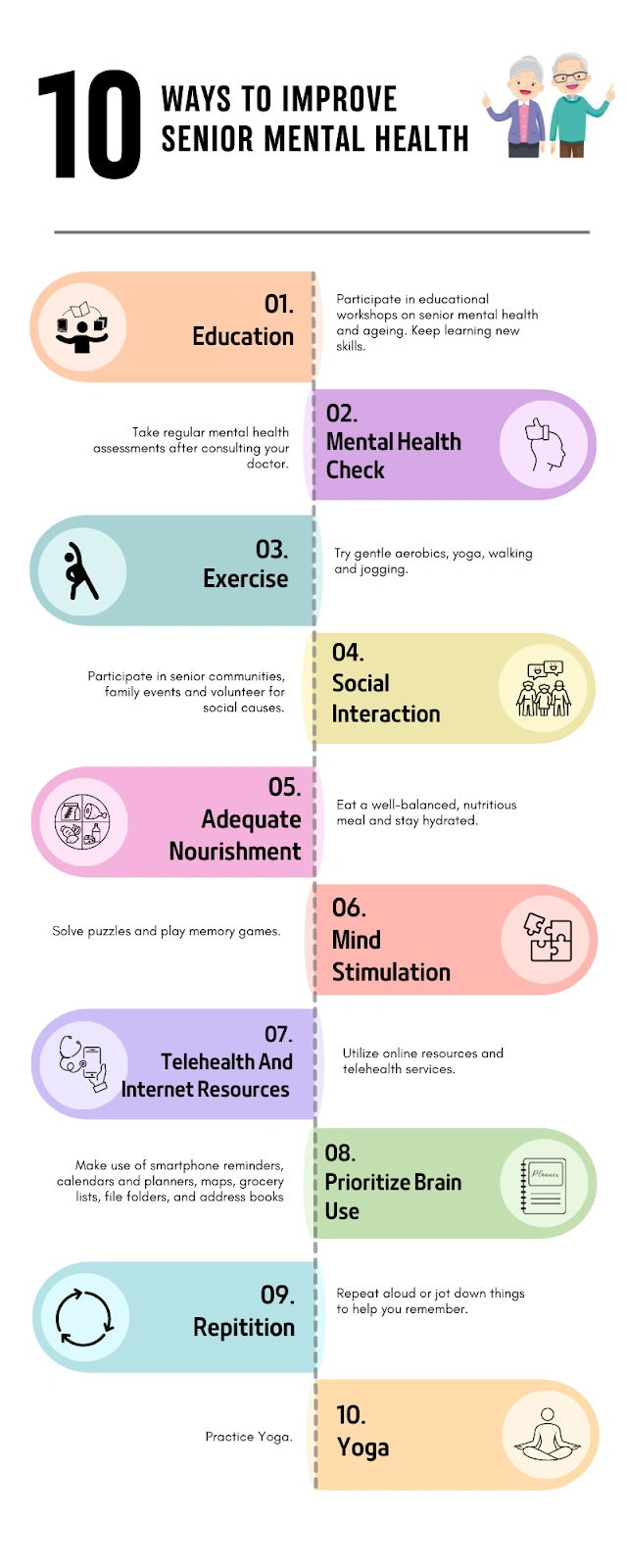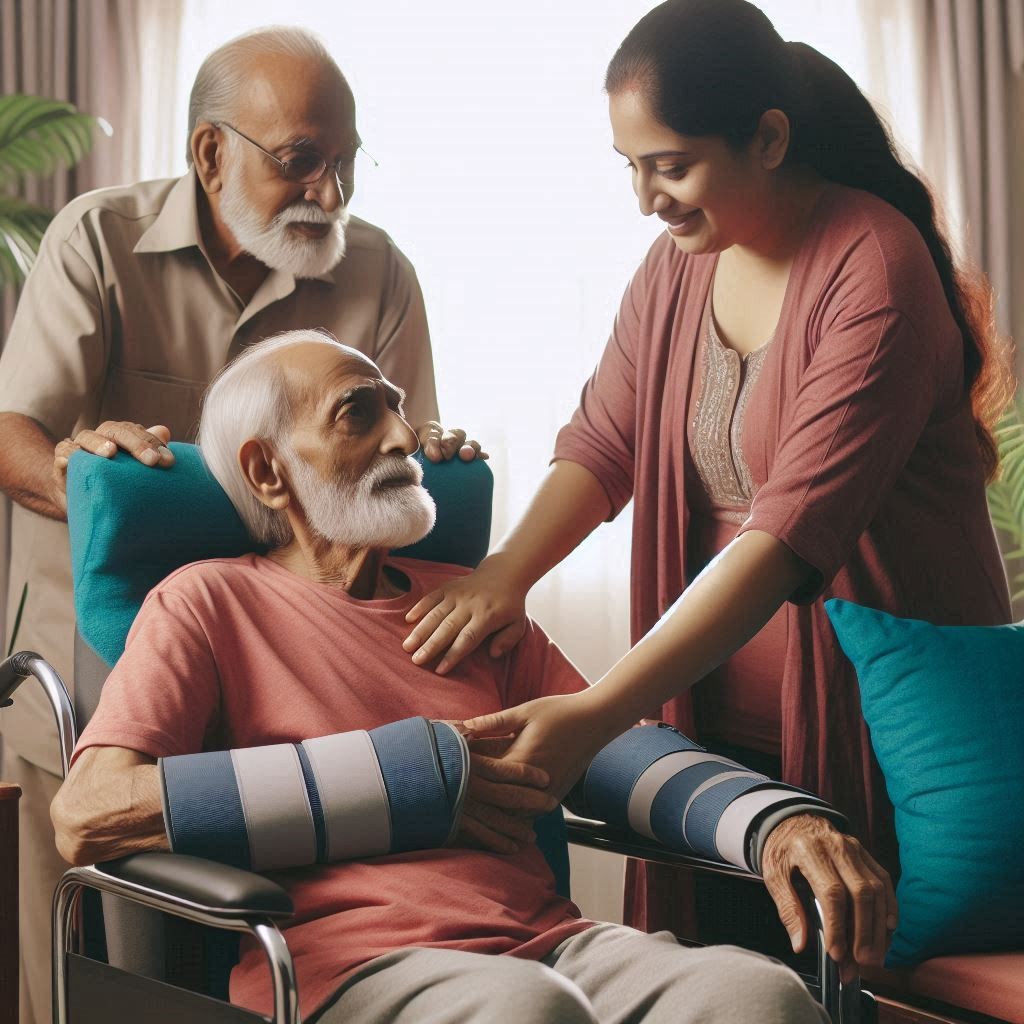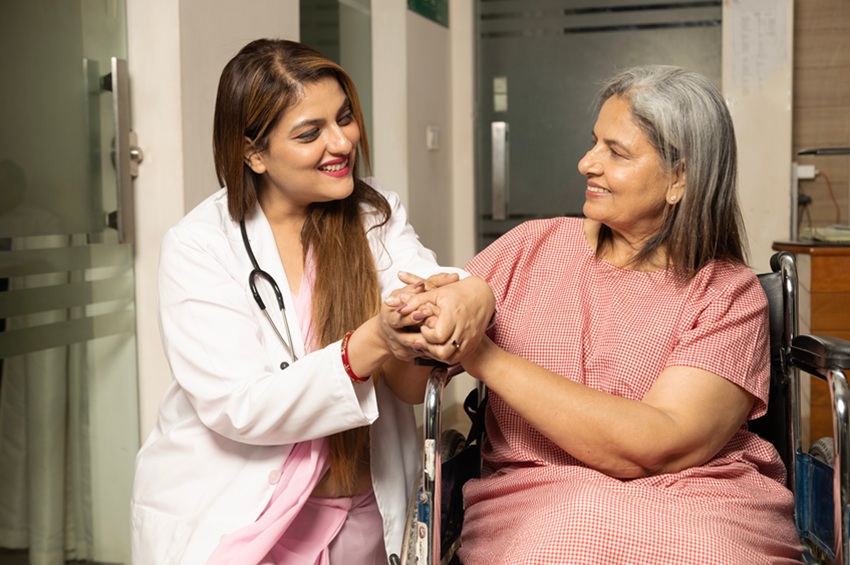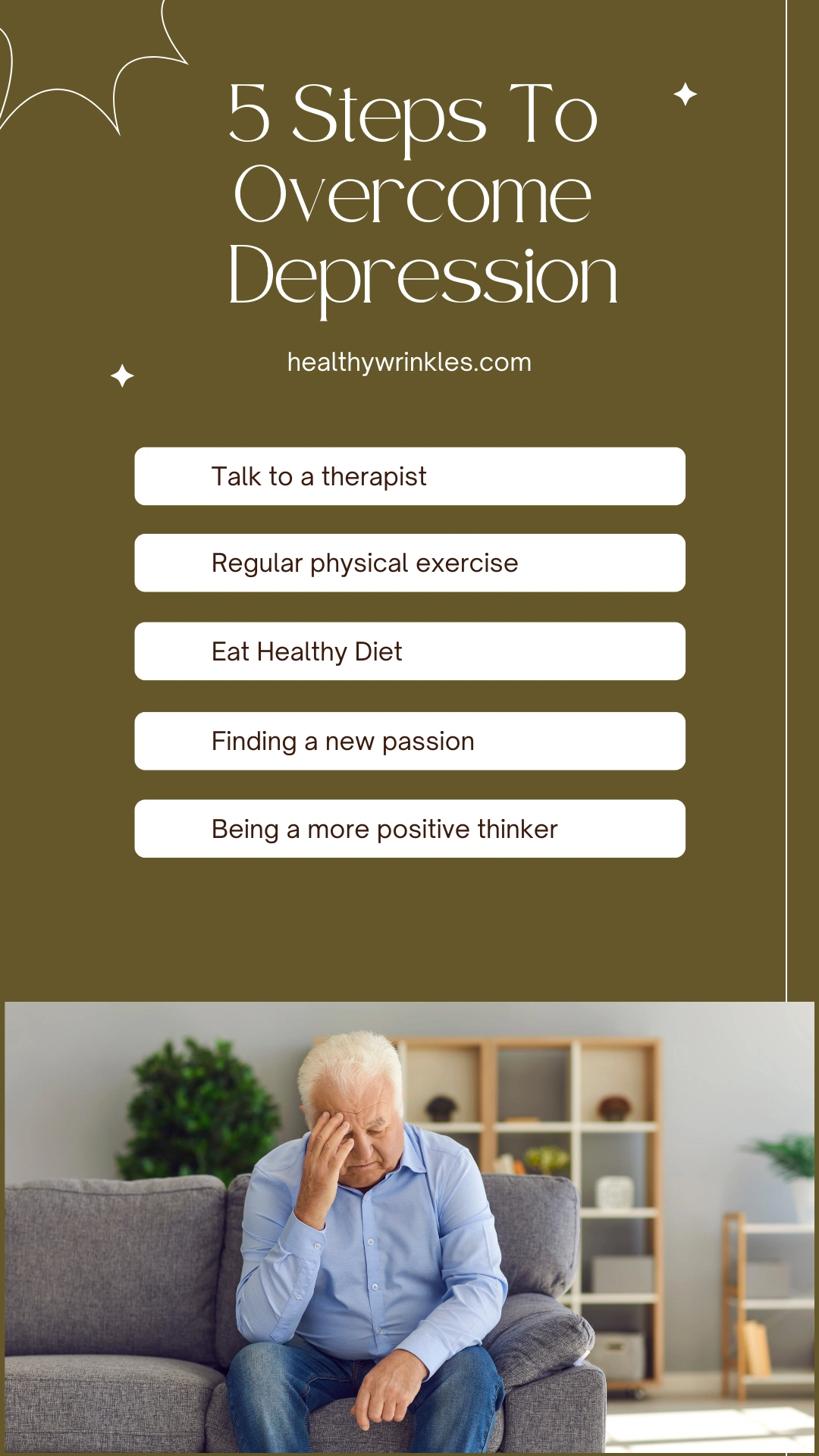What Depression in the Elderly Looks Like and How to Get Help
Depression in elders can be so severe that it causes serious cognitive impairment. It is sometimes confused with dementia. There are, however, some distinctions between the two.
Depression in old age symptoms includes:
● A relatively quick mental decline
● Concentration problems, as well as sluggish language and motor skills
● Noticing and being concerned about memory difficulties
Dementia symptoms in elderly persons can include:
● Mental deterioration that occurs gradually
● Confusion, disorientation, and becoming disoriented in familiar surroundings
● Short-term memory impairment, as well as impaired writing, speaking, and motor skills
● There is no concern or indication of memory difficulties.
What factors contribute to depression?
Health issues, isolation, loneliness, lack of purpose, bereavement or abandonment, pain or recuperating from surgery, and medication are just a few examples of causes of depression. Some people are predisposed to depression genetically, especially if they have a family member who is depressed.
How older people can reduce their risk of depression?
Depression can affect any older adult, and it can strike without warning. While it is impossible to predict how or when depression will strike, there are many steps you can do to reduce your risk. Socializing, avoiding processed carbohydrates and sugars, and eating healthy fats are some examples. Make a connection to something meaningful. Exercise, get some sun, manage pain, and safeguard your body, especially your sleep. Know when to seek assistance or professional help and use depression in elderly medications under supervision.
